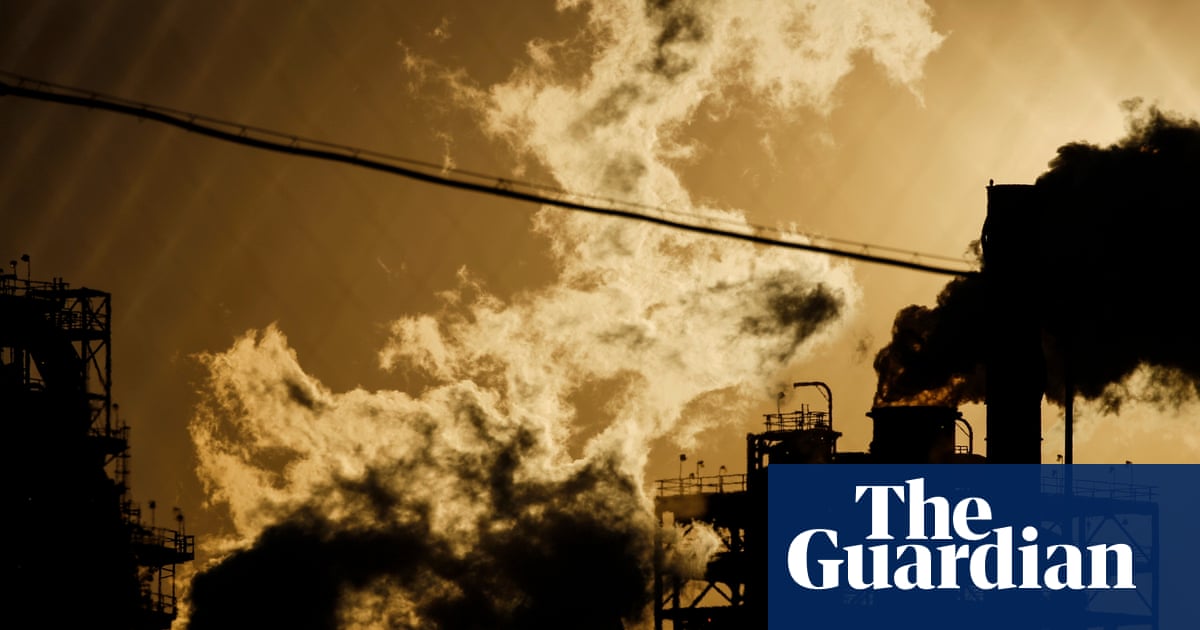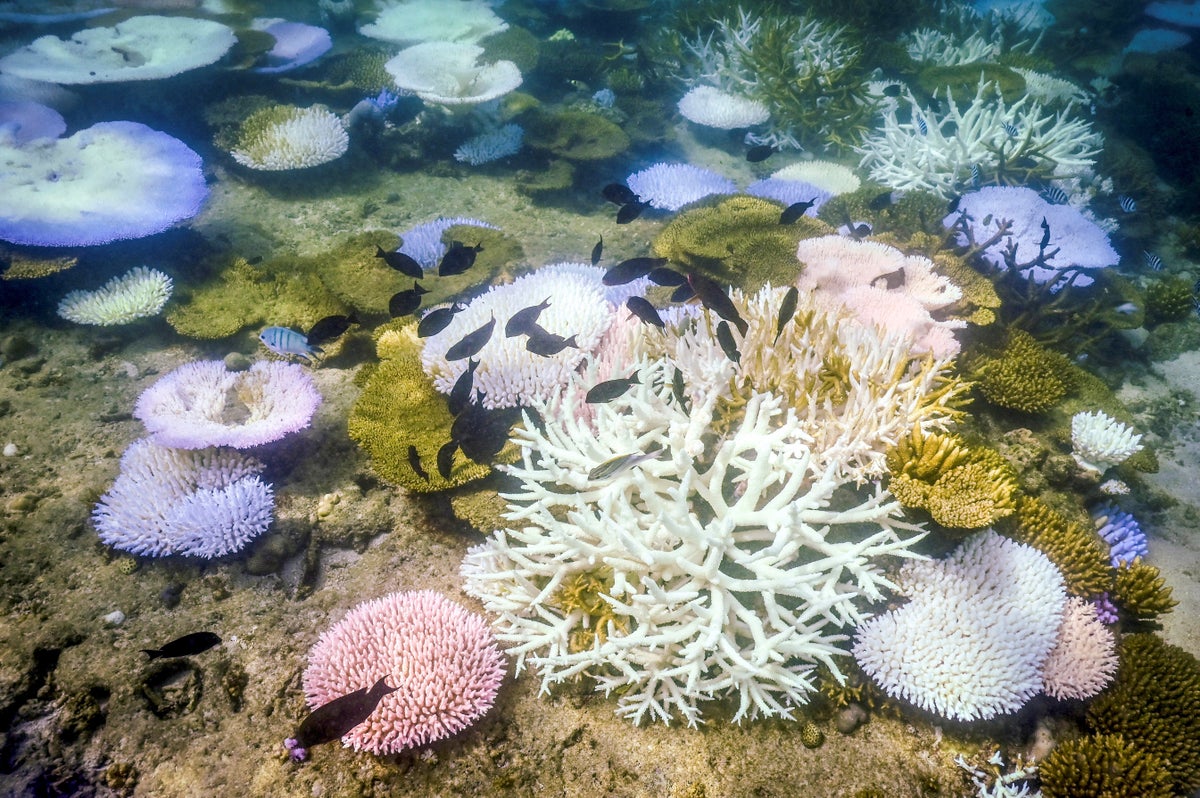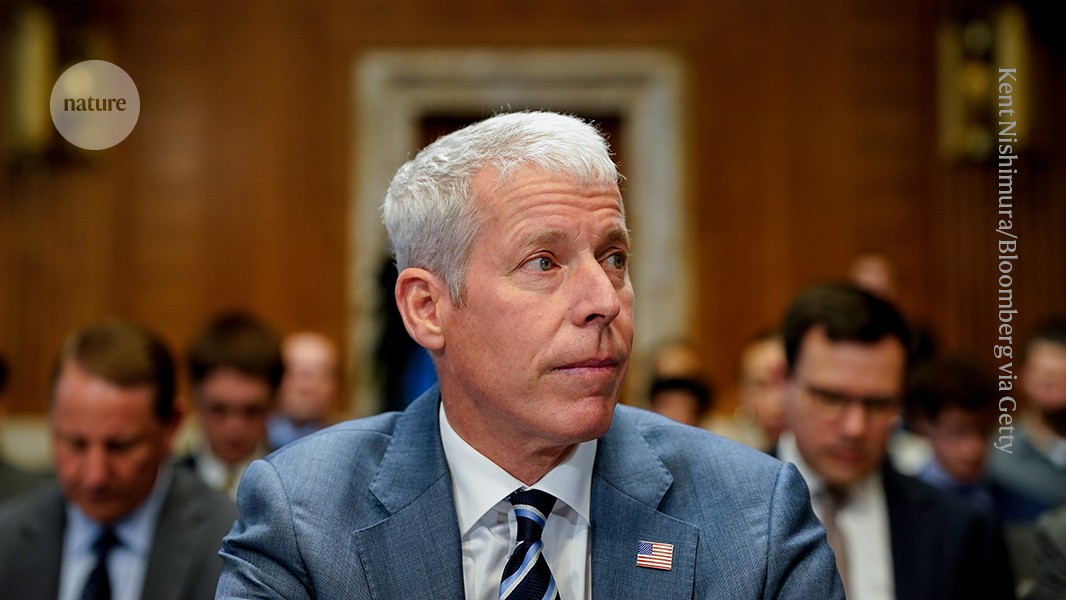#global warming
#global warming
[ follow ]
#global-warming #climate-change #extreme-weather #paris-agreement #temperature-records #environmental-policy
fromwww.theguardian.com
2 months agoAs I write my last column, the facts on climate crisis speak for themselves
In 1995, when the first conference of the parties (Cop) of the UN's climate change convention met in Berlin, the atmospheric carbon dioxide concentration was approximately 360.67 parts per million. The then German chancellor, Helmut Kohl, gave a passionate speech about how greenhouse gases must be reduced to save the planet from overheating. There was a relatively unknown East German woman, the environment minister, Angela Merkel, chairing the conference. She was red hot at keeping order.
Environment
fromwww.scientificamerican.com
2 months agoIEA Now Predicts Oil and Gas Demand Will Rise beyond 2030, Departing from Previous Forecasts
The International Energy Agency predicts global demand for oil and gas will rise well beyond 2030, marking a sharp departure from the agency's previous forecasts that demand for oil would peak by 2030. In a new report, the IEA says low gas prices, growing concerns over energy security and a global lack of ambitious climate policies will delay the peak of the fossil fuel era until at least 2050.
Environment
Environment
fromwww.npr.org
2 months agoCountries are gathering for climate negotiations. Here's where the U.S. stands
The United States is withdrawing from active participation at COP30 and rolling back climate policies, potentially increasing global warming and undermining international climate efforts.
fromwww.scientificamerican.com
3 months agoMosquitoes Discovered in Iceland for the First Time amid Rising Temperatures
Back in 2016 an article in the New York Times referred to Iceland as a mosquito-free island paradise. While nearby countries host mosquito populations during warmer times of the year, one of the going theories was that Iceland's propensity for harsh swings between thawing and freezing helped keep the bloodsuckers from getting a foothold. But that same Times piece warned that this skeeter-free status could be in peril.
Science
fromFuturism
6 months agoHorrifying Research Finds Melting Glaciers Could Activate Deadly Volcanoes
"Glaciers tend to suppress the volume of eruptions from the volcanoes beneath them," said University of Wisconsin-Madison graduate student and lead author Pablo Moreno-Yaeger in a statement. "But as glaciers retreat due to climate change, our findings suggest these volcanoes go on to erupt more frequently and more explosively."
Science
fromwww.theguardian.com
6 months agoExtreme heatwaves may cause global decline in dairy production, scientists warn
Extreme heat reduces dairy cows' ability to produce milk by 10%. Just one hour of wet-bulb temperature above 26C can reduce a cow's daily milk production by 0.5%. Exposure to high temperatures also has a prolonged effect, with milk production still lower than typical levels up to 10 days after the initial hot day.
Agriculture
[ Load more ]















